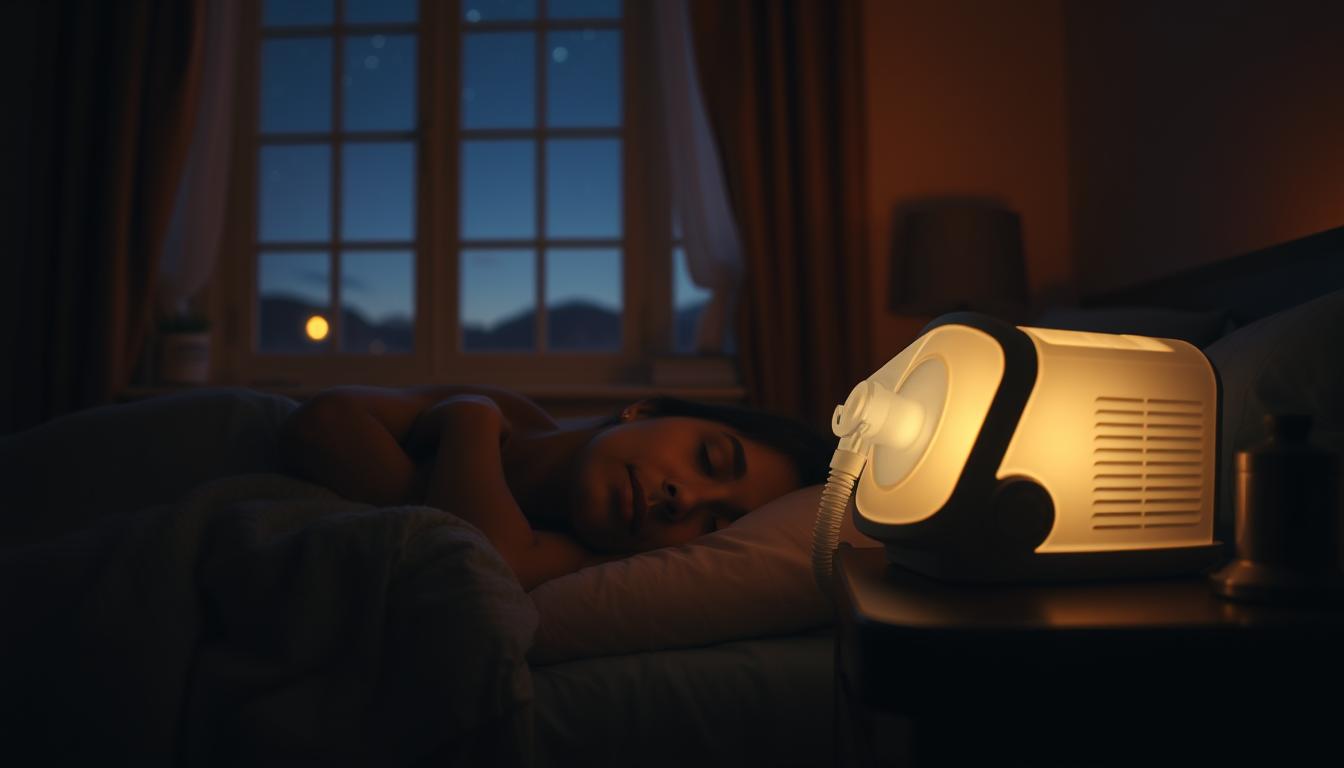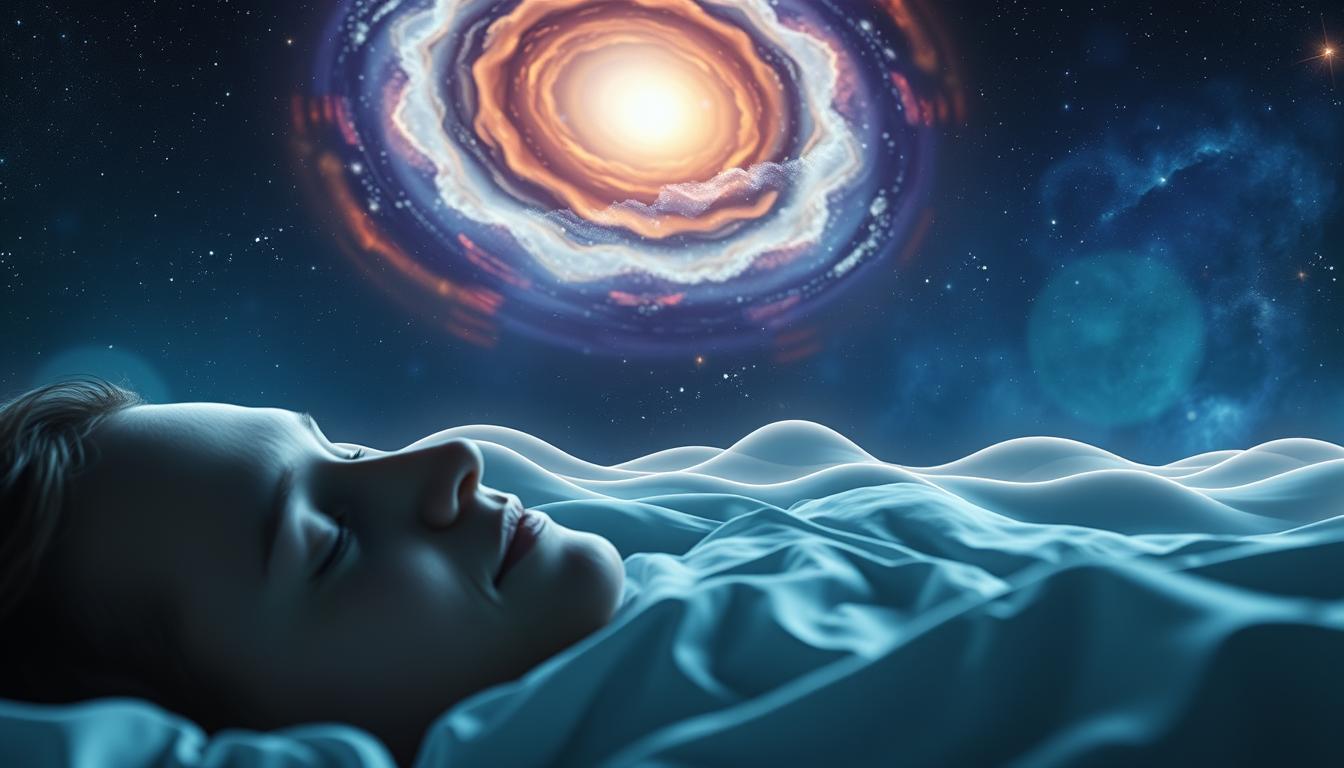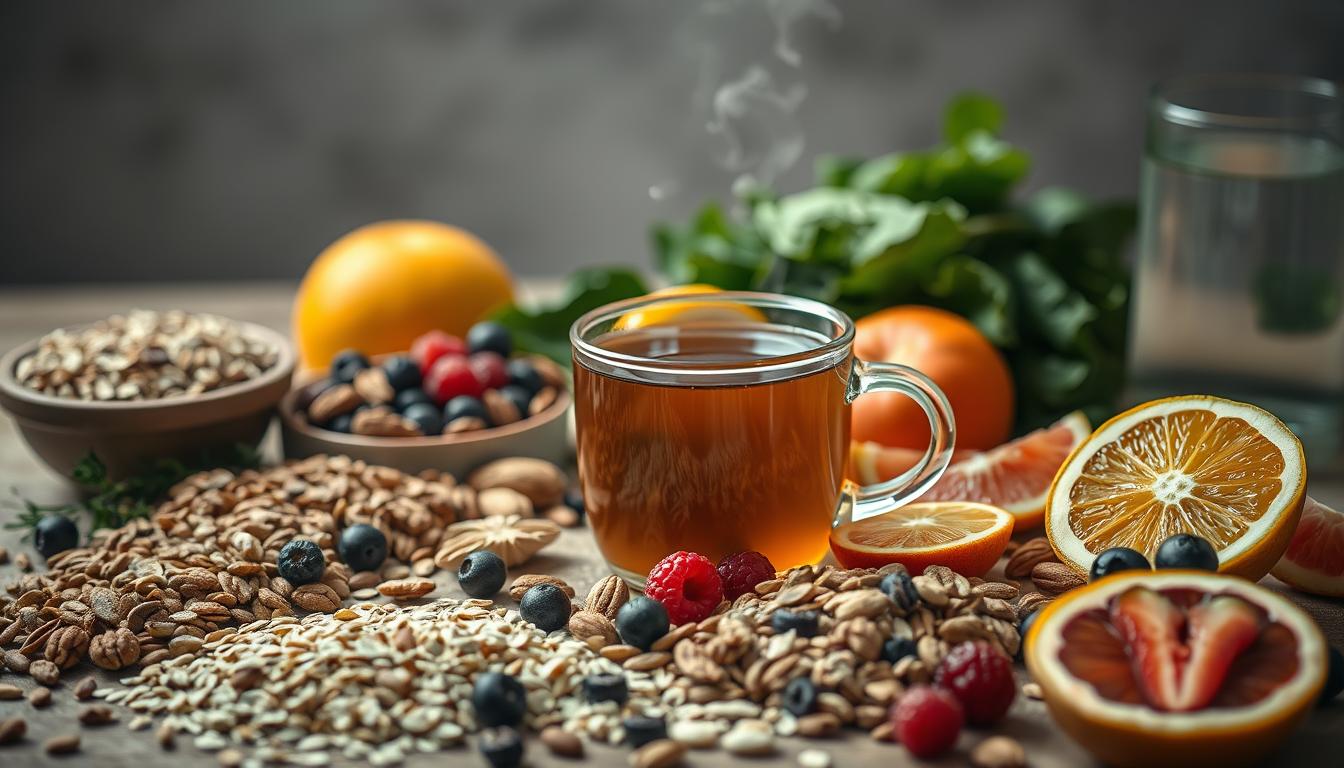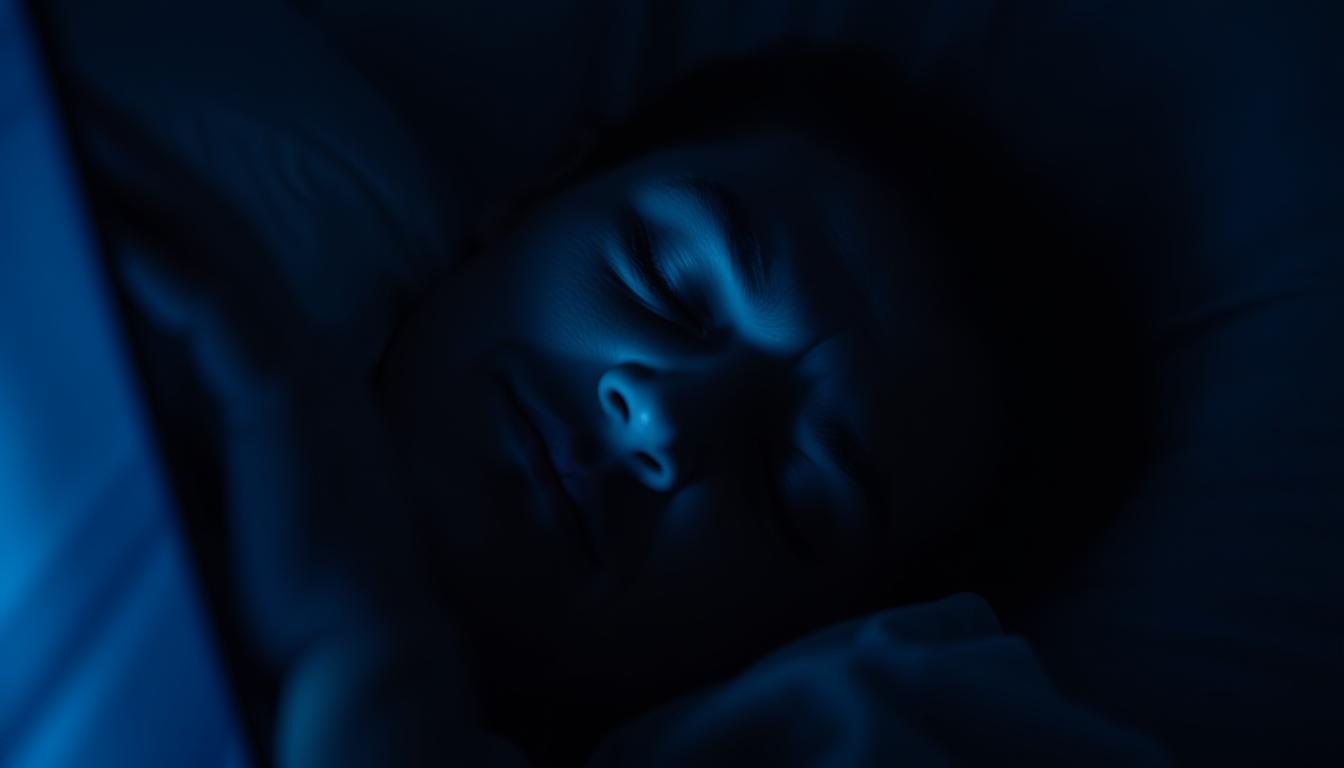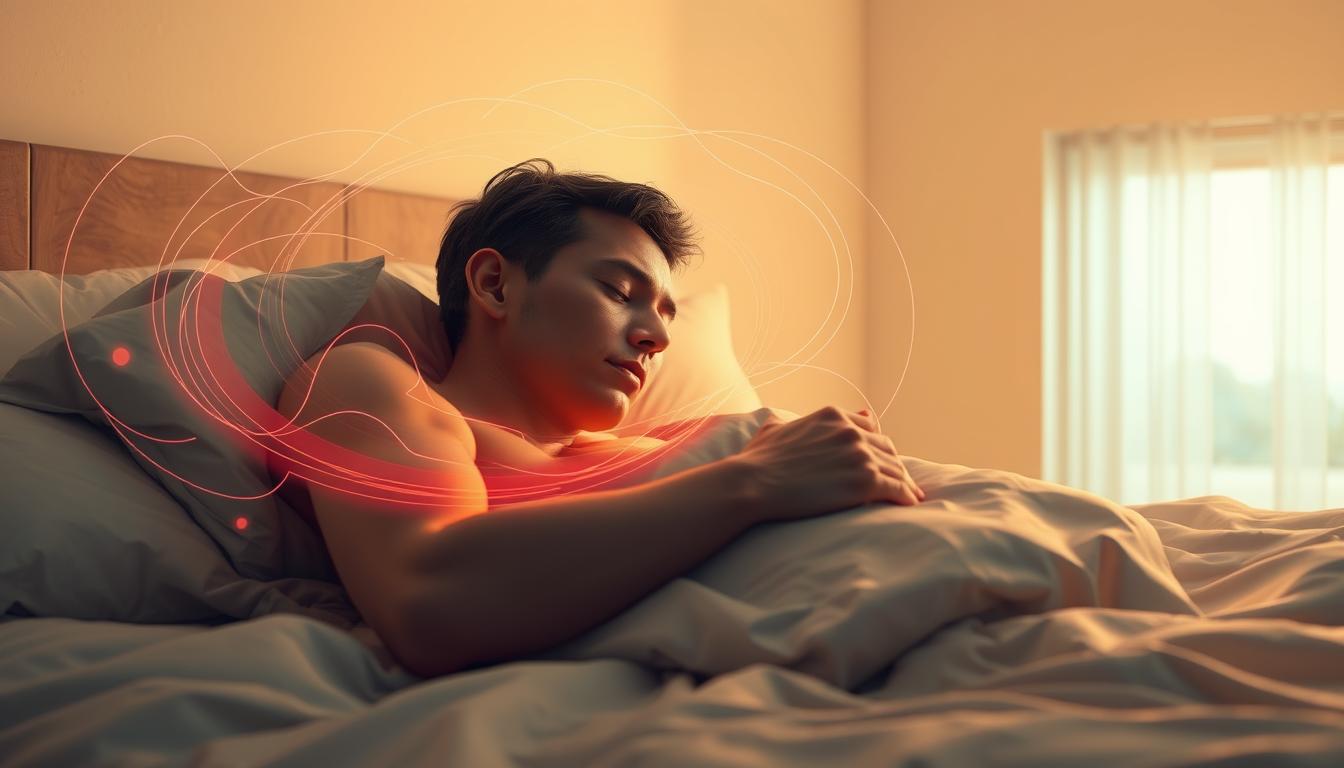How to Use CPAP Therapy in Sync with Your Circadian Rhythm
Getting a good night’s sleep is essential for your health and well-being. For many, using a CPAP device can make a big difference. But did you know that timing matters just as much as the device itself? Aligning your CPAP use with your body’s natural clock can enhance its effectiveness. This approach ensures your treatment … Read more

